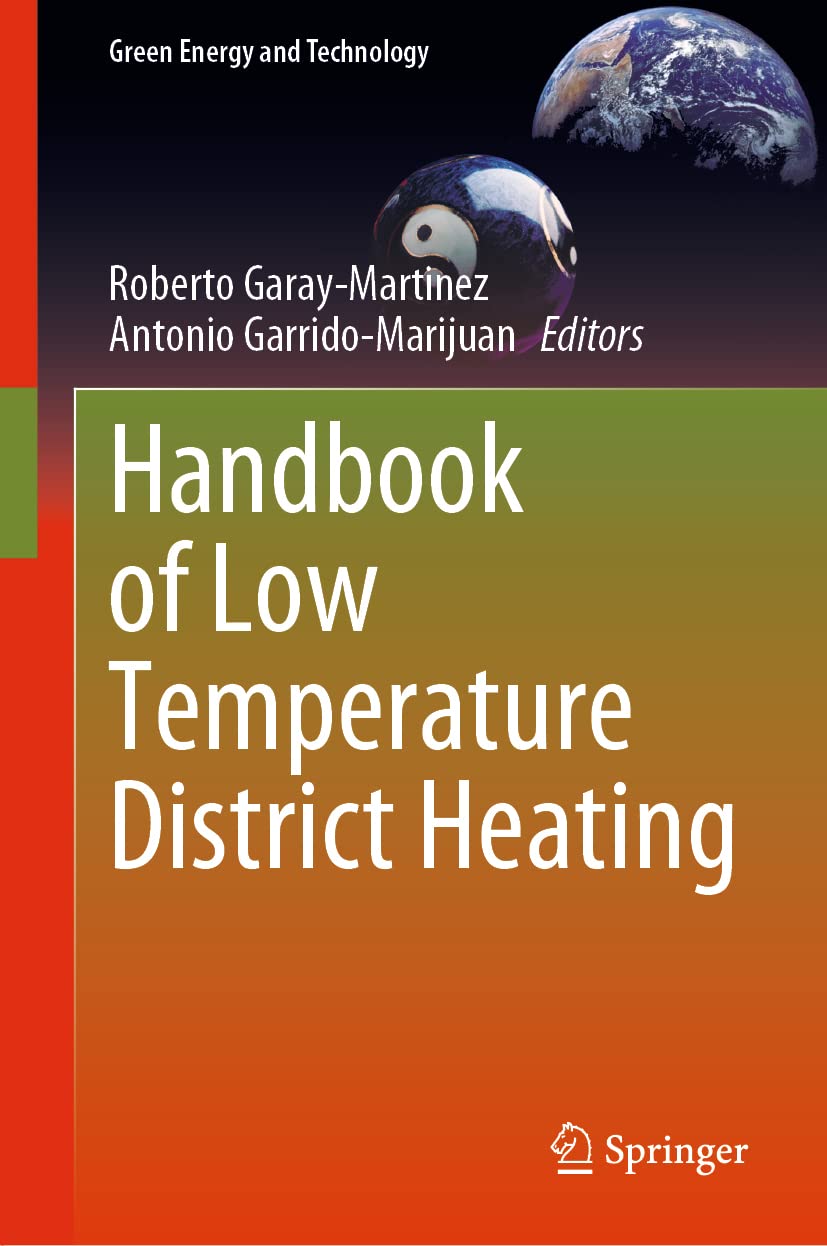

Most ebook files are in PDF format, so you can easily read them using various software such as Foxit Reader or directly on the Google Chrome browser.
Some ebook files are released by publishers in other formats such as .awz, .mobi, .epub, .fb2, etc. You may need to install specific software to read these formats on mobile/PC, such as Calibre.
Please read the tutorial at this link: https://ebookbell.com/faq
We offer FREE conversion to the popular formats you request; however, this may take some time. Therefore, right after payment, please email us, and we will try to provide the service as quickly as possible.
For some exceptional file formats or broken links (if any), please refrain from opening any disputes. Instead, email us first, and we will try to assist within a maximum of 6 hours.
EbookBell Team

4.3
88 reviewsThis book reviews the history and evolution of district heating networks, with a focus on current and future issues of the district heating sector. Novel developments in the field of low temperature district heating are studied, limitations for safe operation and avoidance of bacteria are considered, and the associated improved performance of the system with fewer network losses is presented.
This book showcases how the evolution of district heating networks is linked to the increased use of renewables and de-carbonized heat sources with specific focus to waste heat streams and solar energy systems. Considering the novelty of these technologies, technological developments and funding schemes for these investments are still immature to some extent. For that reason, a comprehensive review of the main aspects of energy planning as well as district heating economics and financing schemes for large-scale investments in renewable energy systems for district energy systems is performed.
In the light of digitalization, networks are increasingly monitored, allowing for a drastic change in the approach for network operation. This book also explores the increased digitization and monitoring of networks and how this impacts network operation.
This book is of interest to engineers, academics and officials interested in energy systems, presenting readers with the key concepts and tools to adapt to the evolution of district heating into an integrated, digitized and higher performing system.